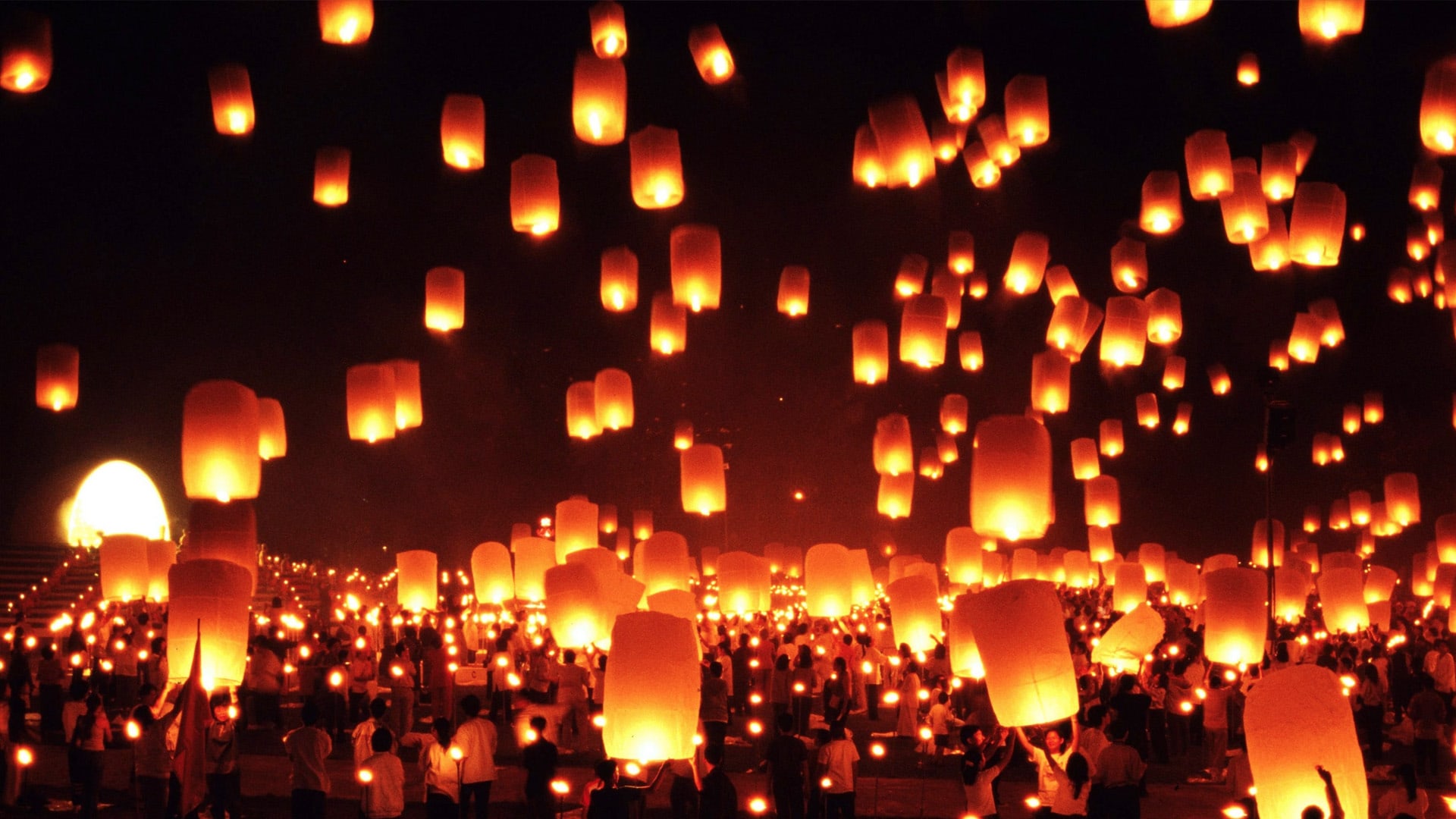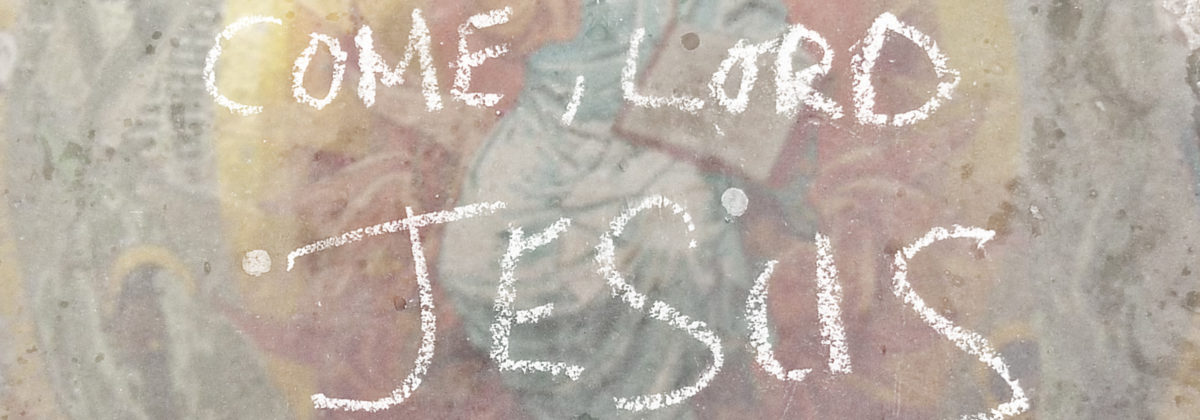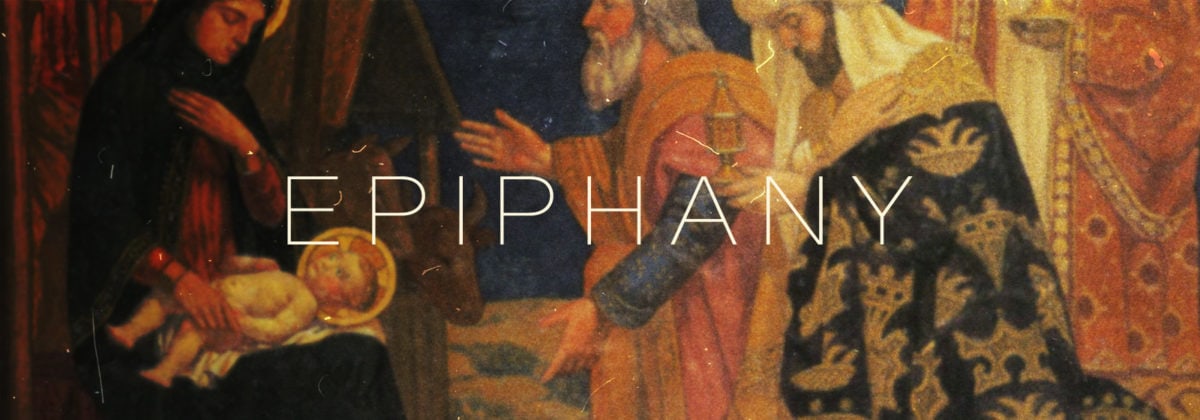“Daddy, it’s dark outside. Where did the light go?” Ansley’s question was seeping with curiosity. I quickly replied, “The sun went to sleep.” Fortunately my answer satisfied her curiosity; at least for now. The technical answer isn’t so simple. I recently did a quick refresher on the science of light, only to be reminded that there is nothing basic or simple about it.
Without light, we would see nothing and know nothing about our world or universe. Light, in a sense, is what allows us to live in relationship with the universe. It travels faster than we can comprehend — one billion km/hr. Good luck wrapping your head around that! And light’s “absence” is darkness, at least to our perception. Light is complex, and we’ve only scraped the surface of its intricacies. But despite our level of comprehension of its technical workings, light is fundamental to our perception of reality.
Advent is a season of anticipation. We sit in our mess. We reflect on the world’s mess. We are sitting shiva with the groaning of creation for its Creator. But we are creation too. We groan too. We are told of how Christ came into a world of darkness. Darkness set the stage, and light burst forth. But the curtains have closed, intermission has come, and we’re left anticipating his final act. We wait, restlessly.
Advent is not a comfortable season. In our culture, Christmas has collapsed into Advent. But Advent is supposed to build tension until the release and joy of Christmas. Advent is more like wearing a new pair of shoes. They give us blisters at first, but in time they’ll fit just right.
So during Advent we look within and outside of ourselves and we say, “It’s dark outside. Where did the light go? It came. But when will it return?”
These questions aren’t as innocent and curious as Ansley’s child-like wonder. They aren’t technical questions. They are emotional questions, full of our yearning. Full of the language of want wedded with need.
Darkness will not be the end, it might rise up, it might be all we can see at times, but it has not and will not overcome the light.
Before Ansley could speak, we taught her basic sign language. Infants pick it up surprisingly fast. The first sign that she got down pat was “more.” More milk. More puree. More laughs. More tickles. Anything that she enjoyed, she would then sign “more.” In other words, I want more of that goodness.
I don’t want to come across solely as a buzz-kill.
Advent isn’t solely about blisters and the stirring of discontent. It’s not about eating gruel so we can get to dessert. As we look out at a world dressed in a morbid gown of terrorism and racism laced with fear, hostility and other unmentionables, we also remember, “The light shines in the darkness, and the darkness has not overcome it” (John 1:5). Darkness will not be the end, it might rise up, it might be all we can see at times, but it has not and will not overcome the light. And it’s for that everlasting, enduring, beautiful light that we wait.
During Advent, anticipation is meant to build and develop and grow. As we reflect on the four themes of Advent — faith, hope, joy and love — we rejoice and we also cry out “more!” As we reflect on the light that came into the world, we cry out “more!” We want more of that goodness. But the desire for light comes as we sit in the darkness. Light may seem absent, but it’s not.
So, back to the technical basics of light:
There is light our eyes can perceive and light our eyes can’t perceive.
Advent infuses this technical reality with its spiritual anchor.
There is light we can perceive. It came into the world. Jesus Christ is the light (John 1:3-4). But there is still light we can’t perceive. There are two comforts to this. First, in the darkest of situations perhaps we can’t yet see just how the light is working in beautiful, invisible ways. And second, there is still more to come. When the curtains are pulled back again, when Jesus takes centre stage again, his final act (returning) will only be the beginning. We will perceive more light, a fuller light. Because Jesus will be the true light that gives life to the world removing all the darkness.
One glorious day, there will be no absence of light. There will be no need for lesser sources of light. “There will be no more night. They will not need the light of a lamp or the light of the sun, for the Lord God will give them light” (Revelation 22:5). Advent gives us space to groan as we anticipate the light to shine brighter still.
This is the first of a four part Advent series on our blog. The verse that each post is based on will be the focus of the following week’s service. If you are looking for some light during this season, we welcome you to join us at St. Peter’s Fireside.




